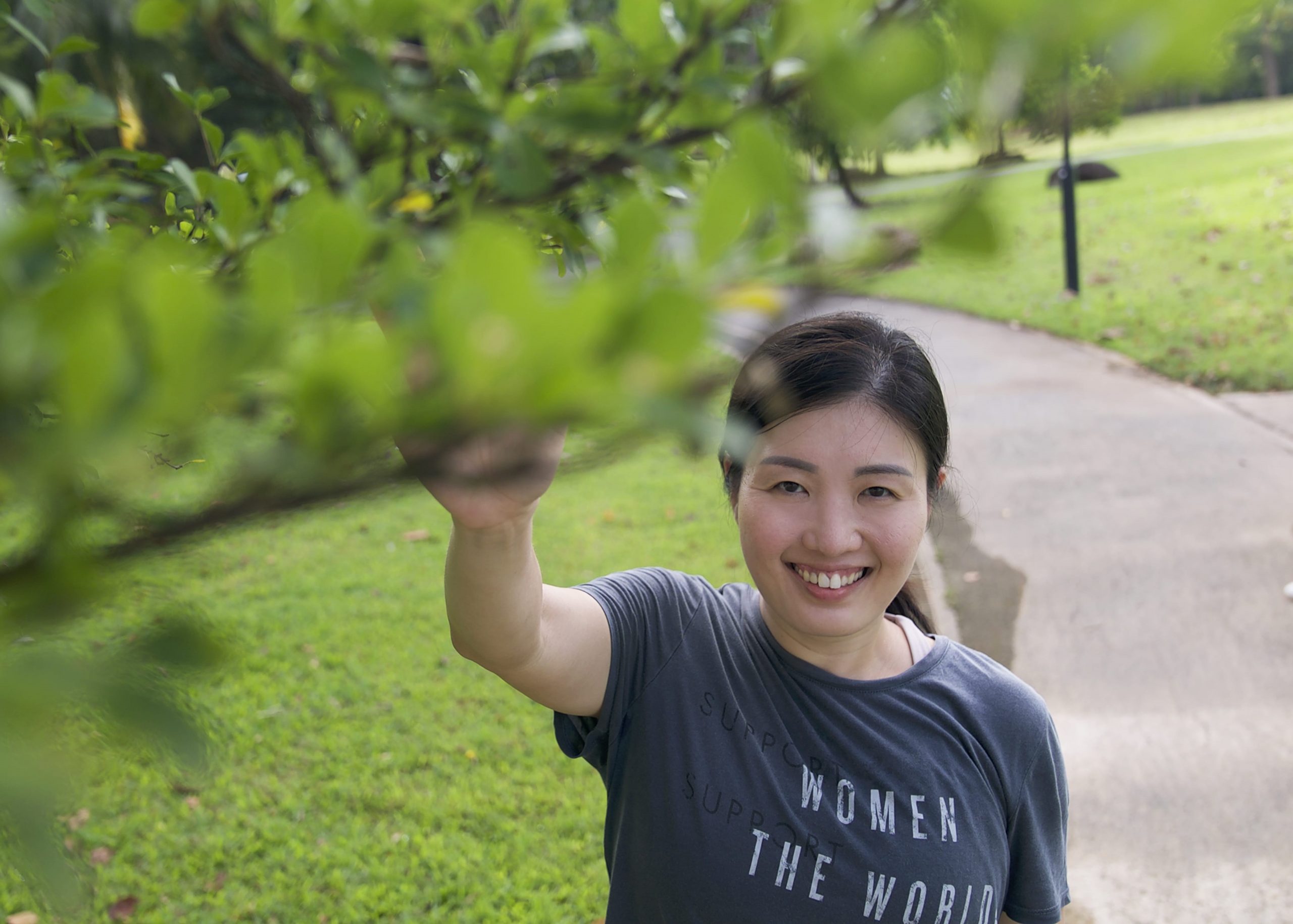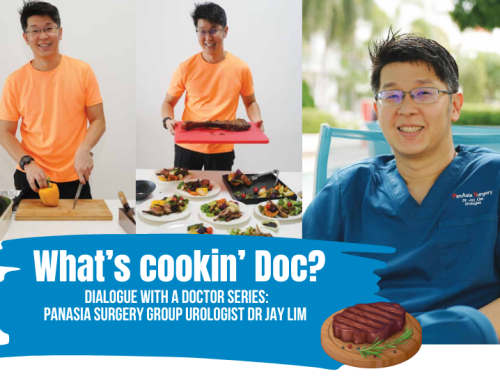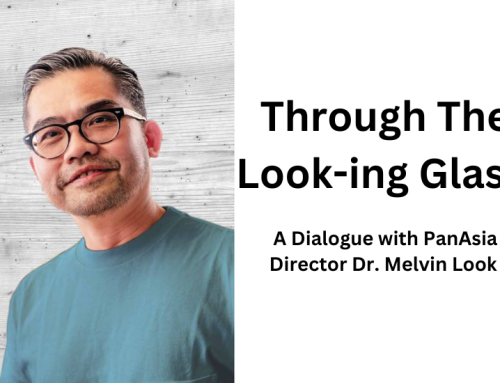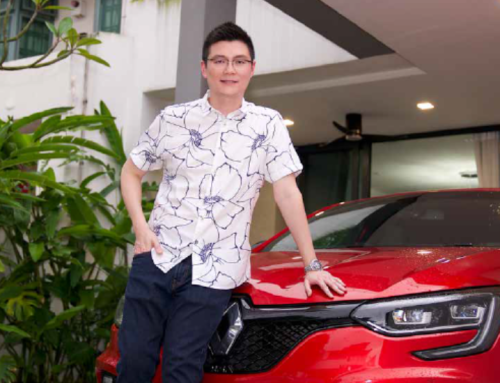While urological problems are not confined to the elderly, ageing does tend to increase the risk of kidney and bladder problems. With increasing life expectancy and low fertility rates, the proportion of Singapore’s elderly population is rising at a faster pace compared to the last decade. According to the Population in Brief 2021, the proportion of citizens aged 65 and above has increased from 10.4% in 2011 to 17.6% in 2021. This proportion is expected to rise to about 23.8% in 2030. The important work undertaken by urologists in Singapore’s healthcare system certainly cannot be underestimated.
Thus, it will be interesting to hear the perspectives of a urologist on different aspects of health, especially on issues that pertain to ageing. In this issue, we talk to Aare Urocare founder, noted urologist Dr Fiona Wu and find out about her viewpoints and experiences on health and wellness that will help us to stay healthy as we age.
Hello, Dr Wu. Thank you for taking time out for this interview with Prime. To start, how do you define “health” and “wellness”?
Dr Fiona Wu: To me, “health” and “wellness” simply mean a happy life and good health when they are in balance. A good balanced lifestyle should incorporate health and wellness as part of our daily practice. It is a mindful practice of how we live our lives and what we do with our bodies.
Do you think you have a healthy lifestyle, especially with regards to the balance between rest and work?
FW: I would like to think that I have a healthy lifestyle. I try to work out about 4-5 times per week and limit meat intake to only 1 meal per day! Drinking lots of water definitely helps in keeping urological issues such as urinary tract infections and kidney stones at bay, and it is good for staving off hunger and excessive snacking.

I need to sleep at least 6 -7 hours every night as a good, alert mind is very important for optimal functioning during working hours, especially when we do surgery. Our clinical work can be very taxing and hectic at times and this has, unfortunately, taken a toll on our bodies over the years. Like everyone else, doctors also get ill and we have our own issues.
What are some of these issues that doctors face?
FW: When the going gets tough, we are not supposed to give up or give in, and I think this is difficult for most of us. We try to strive on as best as we can, and this is often not seen by others. I think most of us, especially the surgeons, will have some form of stress-relieving activities.
For me, it is my usual running and workouts in the gym. I like Pilates and try to do it as much as I can. I think the most important thing is to understand that we have only 24 hours every day and we should allocate our time wisely to our work and personal activities. Going back to the point of a healthy lifestyle, we should reflect on our daily lives and adjust accordingly. It is alright to relax on some days and not be so hard on ourselves. Understanding ourselves and taking responsibility for our lives and decisions, I feel, are crucial for a great, healthy life.
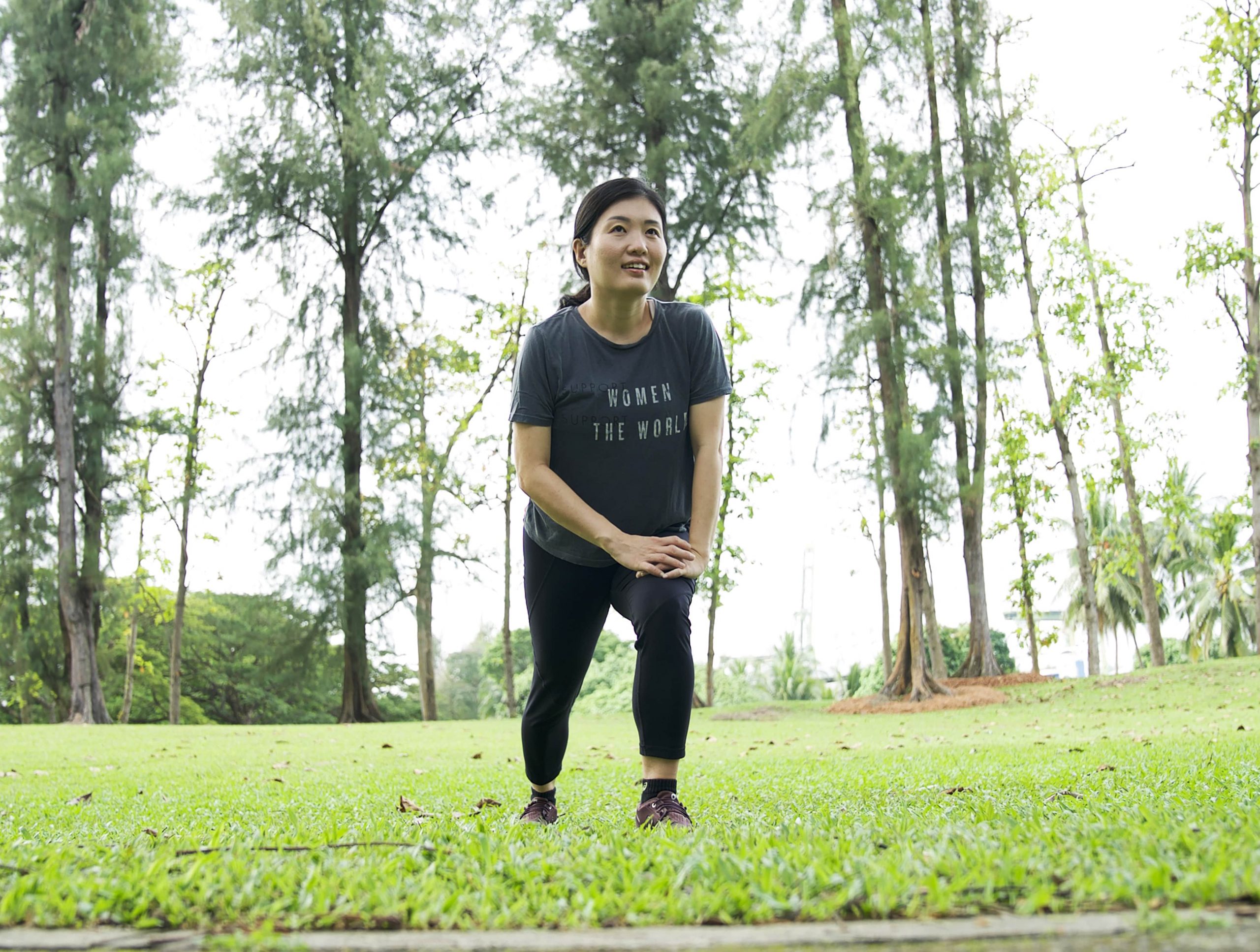
You had spent some time living overseas in the past. Do you see anything that we can learn from other countries?
FW: Well, for one, I do not see the Europeans being glued to their handphones, unlike Asians. I observed this when I was overseas on my fellowship programme and during holidays. When they are doing some activity, they do not check their handphones. I like that they are actually participating in their daily lives, such as socialising, eating and just enjoying their hikes or shopping. This is something we need to learn and practise. I often see Asians using their handphones wherever they are, even when it is in the most inappropriate or even dangerous situations.
The Western populations are also more invested in their own health and wellness. They are very aware of their health conditions and their medications. They take responsibility for their own appointments, and follow through with their treatments and managements. They do not look for “quick-fixes” and they are also very independent, even when they are old, frail or disabled. This is something we should learn from them. I think Singapore should move in this direction as we are a rapidly ageing society.
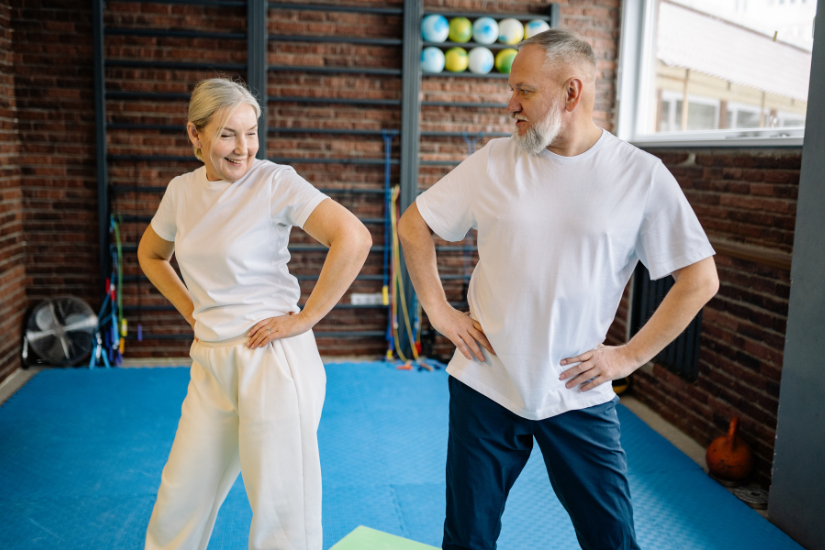
Moving on to diet, do you pay attention to what you eat?
FW: Yes. An unhealthy life starts with an unhealthy diet. We cannot control our genetics and inherent risk factors for diseases but we can, at least, control what we eat. I try to eat as much vegetables and fruits as I can, and reduce my intake of carbohydrates and oily, salty food. We all love hawker food but I try to reduce eating out as much as I can.
Have you ever taken on specific diets?
FW: No. I do not believe in adhering to named, strict diets. I think a balanced diet is good enough. Being a slave to diets is in itself very unhealthy.
What about supplements?
FW: Yes, I do take supplements like probiotics and joint supplements to keep myself in good shape. Long working hours give me backaches and stiff shoulders so I need to take joint supplements. Probiotics ward off my irritable gut issues and lactose intolerance problems. Thus, I will recommend we take supplements according to our needs as the food we eat may not have enough of certain vitamins or minerals.

Let’s talk about physical activity. Have you always been an active person?
FW: I have been health conscious since young because I see others falling ill and I definitely do not want to create issues for myself when I am older. Hence, I did and still do lead an active lifestyle. It helps that I thrive on the adrenaline rush and exercise is a kind of stress reliever for me. Since my early days, I have been playing sports. I have no interest in musical or cultural CCAs because I have no talent in these areas!
However, like everyone else, I do have my bad habits – such as indulging in our wonderful Singapore hawker food and excessive caffeine intake. But I do try to minimise unhealthy food intake and exercise as often as I can.
How do you keep in shape nowadays?
FW: I jog as often as I can and go the gym as often as 4-5 times per week. I also try to do Pilates as often as I can. Pilates is good for my core and backaches. It also works on the pelvic floor and women should try it if they can.
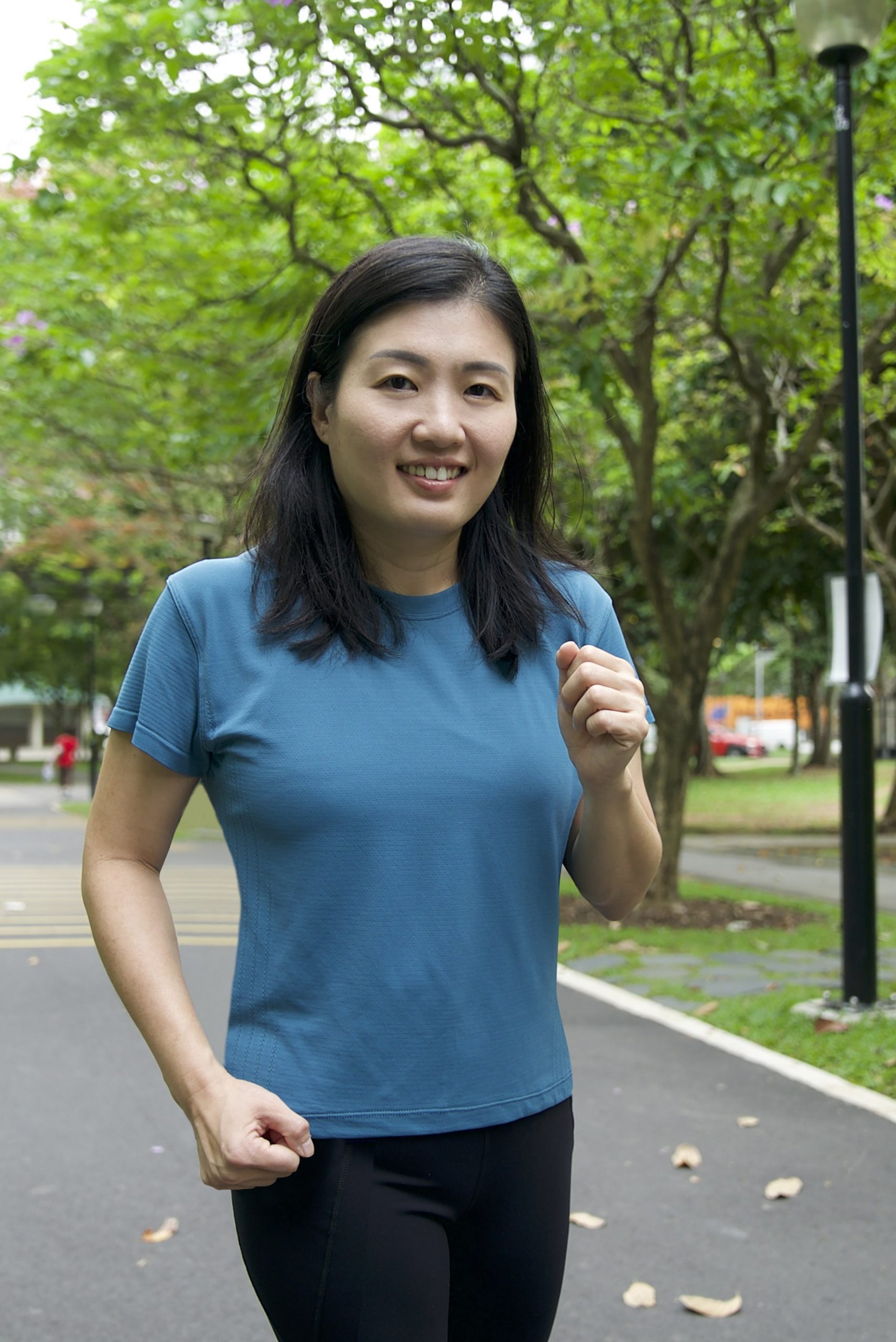
I often exercise with my family and I think it makes exercising more fun and bearable. I also like exercising by myself as I think a lot when alone and come up with some ideas for my life and practice!
Let’s move on to the topic of stress management. How do you deal with stress?
FW: There are always stressors in life but I cope with them as best as I can. I accept people and conditions as what they are and I will not attempt to change external factors. I think changing how we view others and the matter at hand is more important than trying to bash through the problem. Setting boundaries and keeping to them are also crucial for our mental well-being. No one should push us to our limits if we do not allow them to.
What do you think are some challenges that modern life poses to health?
FW: I feel that social media and technology pose serious problems in the modern world. Nowadays, people actually believe others without verification and swallow what advertisers want them to believe. This affects the mental health of some people as they start to believe that they are inadequate when compared to their peers. This has an effect on their self-esteem and self-worth.
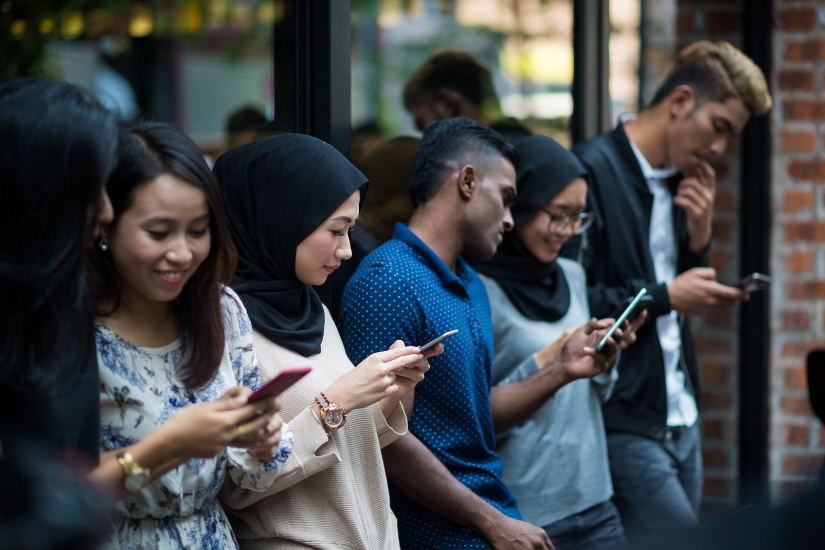
It is really sad when the younger generations are so indulgent and glued to their handphones. The modern world is not making it any better for the older generations as well. With everything moving so fast and furious into the contactless and digital age, the older generations often feel neglected and forgotten. Some of my older patients are unable to access their HealthHub accounts and do not even have the TraceTogether app on their feature handphones. This is a first world issue that we have to tackle.
What aspects of health do you often see people neglecting?
FW: People often neglect simple lifestyle aspects like a balanced diet, exercise and water intake. All these can have an impact on our lives as we age. Mental health is now more recognised and I am glad that more people are aware of the help they can get.
Do you think COVID-19 has changed the way we view and value health?
FW: Yes, COVID-19 has definitely changed the way we view our lives and health. Being in danger everyday has made people more appreciative of what they have, and they also take more care of their health and will reexamine their lifestyles. When we were restricted in many ways, such as going to gyms and studios, we became more innovative in the ways we exercise. I think this is a good thing. We probably also ate out less and cooked more during the restricted periods, and this is a good thing too.
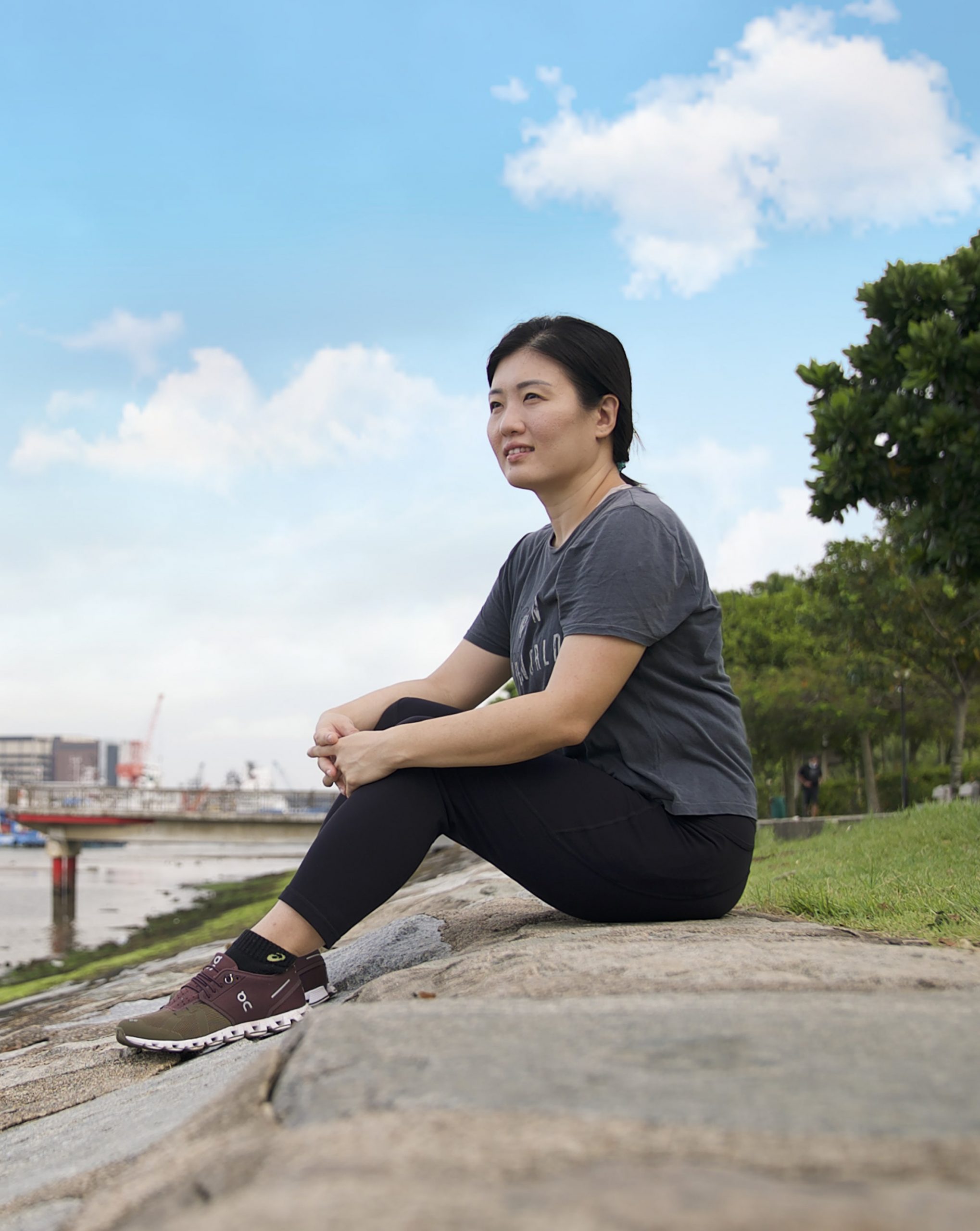
Final note: What health advice do you have for Prime readers?
FW: Keep a clean, healthy mindset in whatever you do and listen to your body. Keeping well and healthy is the best way to live, either for yourself or your loved ones. Rest when you are tired and set boundaries whenever you feel that you are on the edge. Keep your phone away and limit yourself to a certain time on social media. Take good care of your mind. Stay away from unhealthy influences and scammers! Bad decisions are usually made when one is busy and/or tired so we should minimise these.
Learn more from Dr Fiona Wu in Prime’s Exclusive interview series all about Voiding Dysfunction:
AARE UROCARE:
6 Napier Road #10-06 Gleneagles Medical Centre
Singapore 258499

